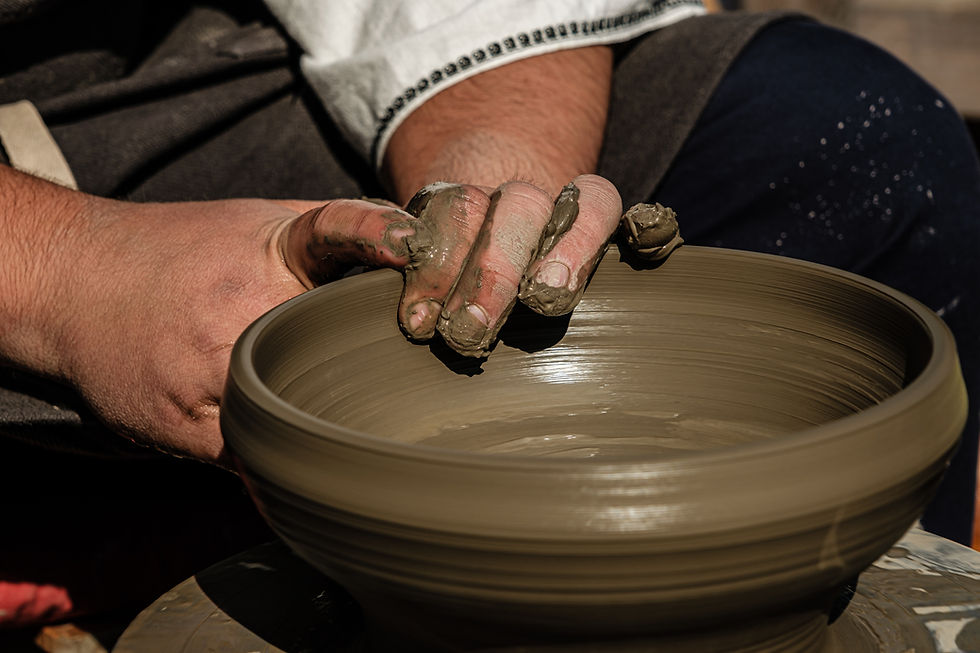Rethinking Mastery
- Peter Teuscher

- Jun 2, 2024
- 2 min read

What comes to mind when someone refers to mastery? Maybe an old artisan who has perfected a craft, or perhaps a teacher of martial arts. Often, when people think of mastery, they envision someone who has honed a skill through years of dedicated practice and performance, becoming one of the best in their field. Does this image inspire you to learn a new skill and practice it with dedication and persistence? I'd like to offer a different perspective on mastery.
Although I have developed some skills to a high level, there is nothing at which I would claim to be the best in the world. Not even in the top ten. This doesn't stop me from continuing to improve and grow. I do not expect to become a master at writing or coaching in my lifetime, even though I have received excellent feedback on my abilities in both areas. My only goal is to be better than I was yesterday. Much like happiness, for me, mastery is not about reaching a destination; it is about the journey.
In Daniel Pink's book "Drive," one of the three pillars of motivation he identifies is mastery. People are motivated by the pursuit of mastery. It's why adults learn an instrument or another skill they may never earn money from or ever truly master. It is the process of learning and striving to improve that motivates people to pursue various activities without any expectation of recognition or financial reward. The reward lies in the progress we recognise in ourselves.
Robert Greene discusses mastery in his book "Mastery." One of the reasons he cites for why people fail to pursue their mastery journey is social conditioning. We are encouraged to be practical, think of security, and find ways to earn money. My own fixed mindset used to prevent me from trying new things or even caused me to give up on some interests. I used to believe you either have talent or you don't. I have since adopted what Dr. Carol Dweck refers to as the growth mindset, believing I can develop any skill that I have the interest and desire to pursue.
If you view mastery as an ongoing process where each day of practice brings new experiences and growth, it will be easier to motivate yourself to continue a lifetime of learning. You may even conclude, as I have, that life is a journey of mastery. I don't think I will ever master life, but each step in that direction has helped me create a wonderful life. The fulfilment that can be experienced through living life this way can lead to a great deal of happiness. If you remember that every step toward mastery is an achievement in itself, happiness and success will surely accompany you on the way.



Comments